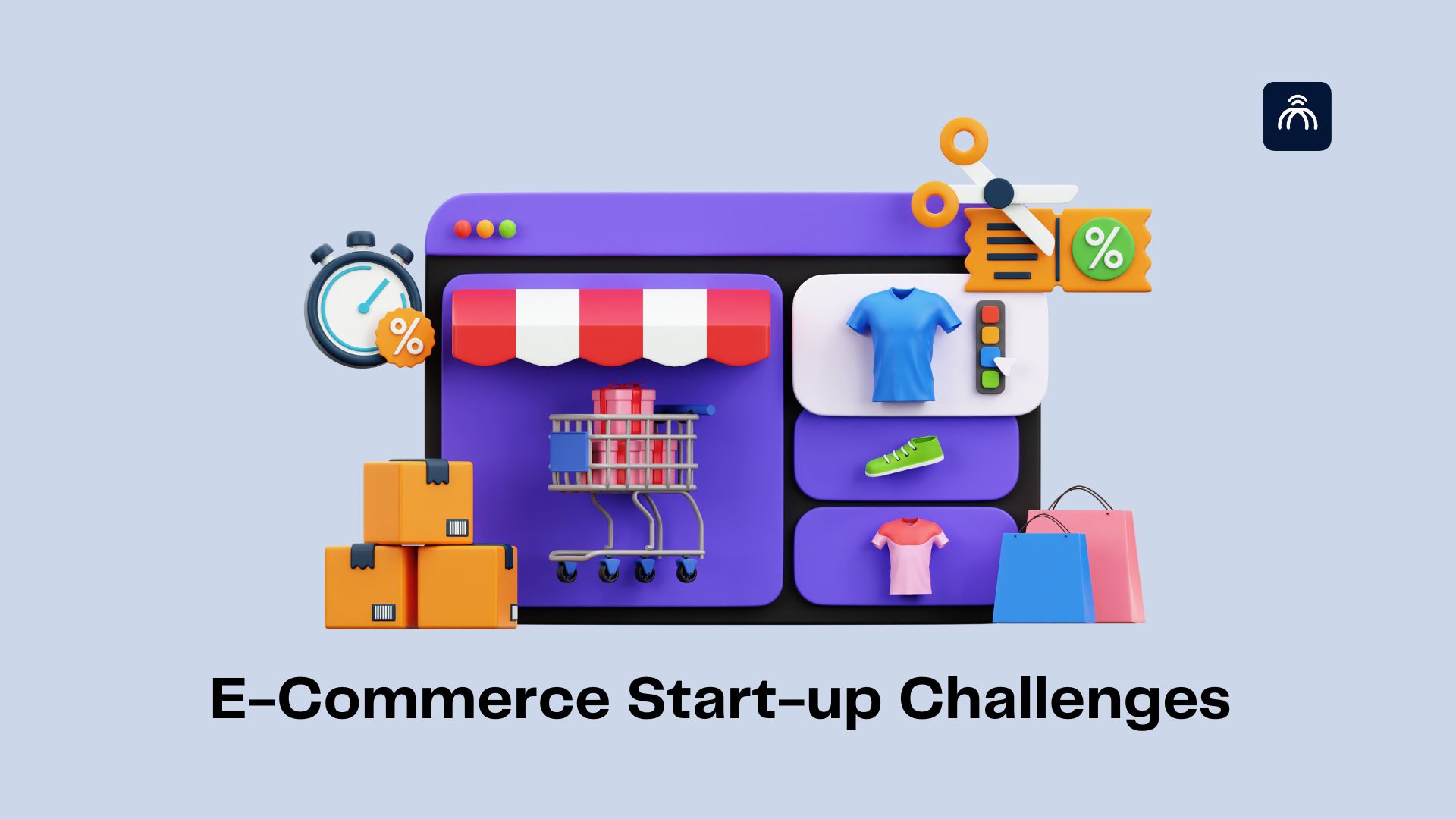
Africa’s growing economy and young population have attracted entrepreneurs looking for business opportunities. While many start-ups have found success by replicating foreign business models, e-commerce start-ups face unique challenges. This article explores the difficulties faced by e-commerce companies in Africa and the factors that contribute to their lack of profitability. It also examines potential solutions and the importance of addressing these challenges to unlock the full potential of e-commerce in Africa.
Distrust
One of the major challenges faced by e-commerce start-ups in Africa is the general distrust among consumers, particularly when it comes to online shopping. Online fraud and phishing scams have made people skeptical about sharing their personal and financial information online. This lack of trust prevents e-commerce companies from attracting the wealthier segment of the population, limiting their customer base to college students and younger demographics. To mitigate this challenge, some companies offer cash-on-delivery options to instill confidence in their customers.
Cost of Broadband
While Africa has experienced significant growth in mobile internet usage, the cost of broadband remains high. Accessing the web through mobile devices is popular, but activities that require substantial data consumption, such as streaming videos or online courses, can be expensive. For example, watching a three-hour educational video on platforms like Coursera or MIT edX could cost $50 in prepaid internet expenses in some African countries. This high cost of bandwidth poses a challenge for video-based internet businesses in Africa. For instance, Irokotv, a leading video streaming platform, relies heavily on revenue from the diaspora due to these cost constraints.
Logistics
Logistics is another significant challenge for e-commerce companies in Africa. Unlike in developed countries where companies can rely on established postal systems for deliveries, African countries often have nonfunctioning postal systems. To overcome this, online businesses have to operate their own delivery networks, often relying on motorbikes for efficient and timely deliveries. However, this increases the cost of doing business, making it more challenging for e-commerce companies to compete on price with the numerous open markets, supermarkets, and informal street vendors present in African cities.
African Open Market
The presence of open markets, supermarkets, and informal street vendors in Africa poses a unique challenge for e-commerce companies. These entities have a long-established presence and can offer competitive prices. To be competitive, e-commerce companies must beat these entities on pricing, which can be difficult due to their formalized operations that require paying taxes and adhering to regulations. For example, in Rwanda, an 18% value-added tax (VAT) puts online businesses at a disadvantage compared to informal competitors who do not collect the same taxes. This creates an uneven playing field and affects the profitability of e-commerce companies.
Fragmented Markets
Despite efforts to create a unified African market, the reality is that Africa consists of fragmented markets with diverse languages, cultural differences, and regulatory barriers. Each country has its own unique set of challenges and consumer preferences, necessitating the need for country-specific approaches. This fragmentation makes it difficult for e-commerce companies to achieve economies of scale and efficient allocation of resources. Setting up country-specific sites requires duplication of resources and hinders the overall growth and profitability of e-commerce companies in Africa.
Literacy Rates
Even if the infrastructure and integration challenges are addressed, the low literacy rates in some African countries pose a significant barrier for e-commerce companies. Illiterate citizens are unable to participate directly in e-commerce activities that require reading and writing skills. Countries like Chad, Niger, and Burkina Faso have literacy rates below 30%, severely limiting the potential customer base for web-based entrepreneurs. To overcome this challenge, investment in education is crucial to increase literacy rates and expand the pool of potential customers for e-commerce companies.
Success Stories and Attempts to Tackle the Challenges
While e-commerce companies in Africa face numerous challenges, there are some success stories and attempts to overcome these obstacles. Jumia, a leading online retailer in Nigeria, has raised significant funding and operates with a large workforce. However, despite its market share, Jumia is still not profitable. Other web firms like Konga, Olx, and Souq also operate in Africa with substantial funding but face similar profitability challenges. The limited number of companies in the web sector in Africa allows well-funded start-ups to gain market share quickly, but the low internet adoption and fragmented customer base hinder their profitability.
Solutions and the Way Forward
To make e-commerce more profitable in Africa, several key factors need to be addressed. African leaders must prioritize the integration of disparate African economies, invest in critical infrastructure such as broadband and transportation networks, and establish a pan-African system to prosecute fraud and improve business trust in African internet transactions. Additionally, improving literacy rates is essential to expand the customer base and ensure the success of e-commerce companies. African leaders should focus on improving the physical business ecosystem rather than solely increasing the number of registered domains to unlock the wealth-creating potential of the web in Africa.
Conclusion
E-commerce in Africa holds immense potential, but it comes with unique challenges that need to be addressed. The distrust among consumers, high cost of broadband, logistics difficulties, competition from open markets, fragmented markets, and low literacy rates are the major hurdles faced by e-commerce start-ups in Africa. However, with the right investments in infrastructure, integration, literacy, and trust-building measures, the profitability and success of e-commerce companies in Africa can be greatly enhanced. By overcoming these challenges, Africa can fully participate in the opportunities offered by the internet and unlock the wealth-creating powers of e-commerce.




